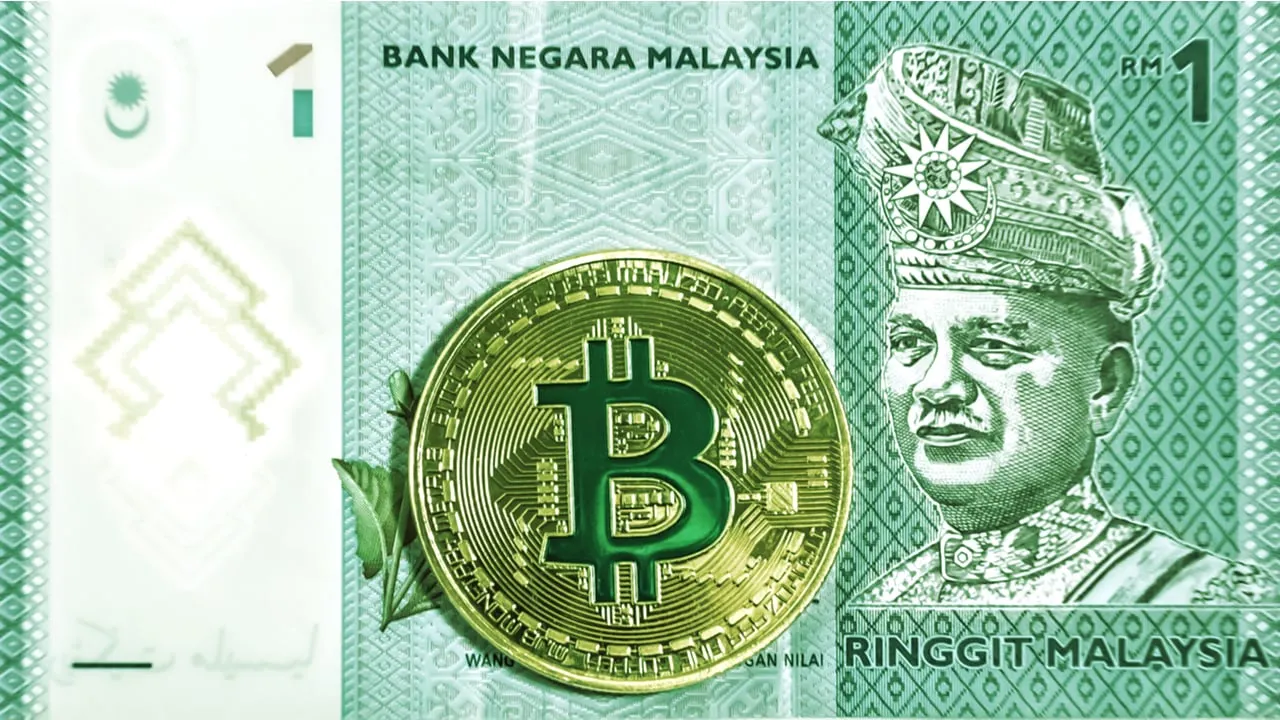In brief
- A deputy minister in Malaysia urged the government to adopt Bitcoin and cryptocurrencies as legal tender, per a report.
- El Salvador made Bitcoin legal tender in September 2021.
It's been over six months since El Salvador became the first country in the world to recognize Bitcoin as legal tender—though the transition has been slow.
Could Malaysia be next?
Deputy Minister of Communications and Multimedia Zahidi Zainul on Monday said the Southeast Asian country should recognize Bitcoin and other crypto assets as legal tender, according to a report today from Bloomberg. "We hope the government can allow this," he told Parliament.
The Communications and Multimedia Ministry governs highly recognizable sectors like broadcasting and internet infrastructure, as well as a litany of smaller areas—such as digital signatures. Malaysia's executive branch also includes a Ministry of Science, Technology and Innovation as well as a Ministry of Finance, both of which would likely have to weigh in on any government plans to adopt cryptocurrency.
Malaysia's government hasn't given many signs that it's considering an El Salvador-style leap into crypto. Like many other countries, it is researching a central bank digital currency. In September 2021, it joined a trial with the Bank for International Settlements, and in January the central bank announced it was working on a proof of concept "to enhance our technical and policy capabilities, should the need to issue [a] CBDC arise in the future."
While central bank digital currencies are essentially electronic versions of an existing national currency—in this case the ringgit—cryptocurrencies exist independent from governments. Central banks can't manage Bitcoin in the same way as they shepherd monetary policy—through interest rate increases or bond-buying.
While governments that become BTC whales could move markets by buying or selling the asset, smaller countries are mostly at the mercy of mercurial prices. El Salvador made Bitcoin legal tender in September when the price of BTC was a notch above $50,000. In the time since, BTC has hit an all-time high above $68,000 but also dipped below $34,000, according to CoinMarketCap. In short, its use as a medium of exchange is still relatively new and even most Salvadoran businesses have not yet handled any BTC transactions, as the U.S. dollar remains the main currency for transactions.
But Malaysia is a more diverse economy than El Salvador, with a higher-earning population. And according to Chainalysis' 2021 Global Crypto Adoption Index, it has more crypto users as well, ranking 23rd for adoption compared to 89th for El Salvador.

